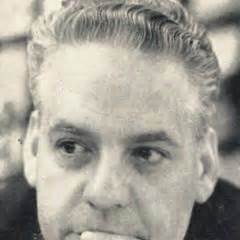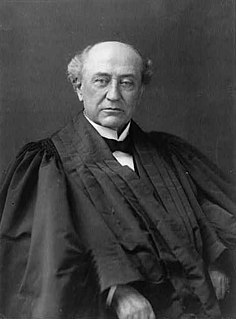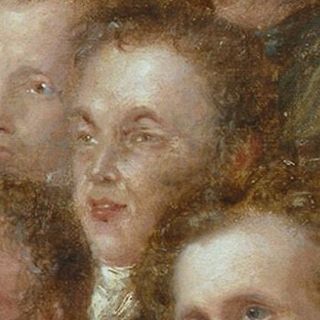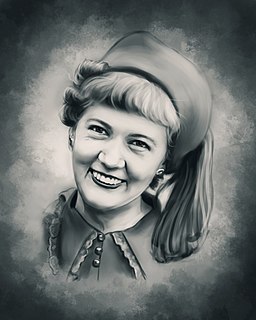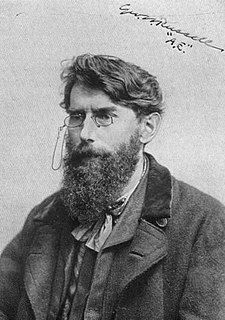A Quote by Henry David Thoreau
What is called eloquence in the forum is commonly found to be rhetoric in the study. The orator yields to the inspiration of a transient occasion, and speaks to the mob before him, to those who can hear him; but the writer, whose more equable life is his occasion, and who would be distracted by the event and the crowd which inspire the orator, speaks to the intellect and heart of mankind, to all in any age who can understand him.
Related Quotes
In eloquence, the great triumphs of the art are when the orator is lifted above himself; when consciously he makes himself the mere tongue of the occasion and the hour, and says what cannot but be said. Hence the term "abandonment" to describe the self- surrender of the orator. Not his will, but the principle on which he is horsed, the great connection and crisis of events, thunder in the ear of the crowd.
Do not blame Caesar, blame the people of Rome who have so enthusiastically acclaimed and adored him and rejoiced in their loss of freedom and danced in his path and gave him triumphal processions. Blame the people who hail him when he speaks in the Forum of the 'new, wonderful good society' which shall now be Rome, interpreted to mean 'more money, more ease, more security, more living fatly at the expense of the industrious.'
Yeats regarded his work as the close of an epoch, and the least of his later lyrics brings the sense of a great occasion. English critics have tried to claim him for their tradition, but, heard closely, his later music has that tremulous lyrical undertone which can be found in the Anglo-Irish eloquence of the eighteenth century.
When we believe that God hears us, it is but natural that we should be eager to hear Him. Only from Him can come the word which can speak peace to troubled spirits; the voices of men are feeble in such a case, a plaster far too narrow for the sore; but God's voice is power, He speaks and it is done, and hence when we hear Him our distress is ended.
He who speaks from the lips chatters. He who speaks from an empty mind adds confusion to discord. He who speaks from a full mind feeds the minds of men. He who speaks from his heart wins the confidence of mankind. But he who speaks from his soul heals the heartbreaks of a world and feeds the hungry, starving souls of men. He can dry the tears of anguish and pain. He can bring light, for he will carry light.
A father would do well, as his son grows up, and is capable of it, to talk familiarly with him; nay, ask his advice, and consult with him about those things wherein he has any knowledge or understanding. By this, the father will gain two things, both of great moment. The sooner you treat him as a man, the sooner he will begin to be one; and if you admit him into serious discourses sometimes with you, you will insensibly raise his mind above the usual amusements of youth, and those trifling occupations which it is commonly wasted in.
At any rate, nothing was more characteristic of him [Walter Benjamin] in the thirties than the little notebooks with black covers which he always carried with him and in which he tirelessly entered in the form of quotations what daily living and reading netted him in the way of "pearls" and "coral." On occasion he read from them aloud, showed them around like items from a choice and precious collection.



